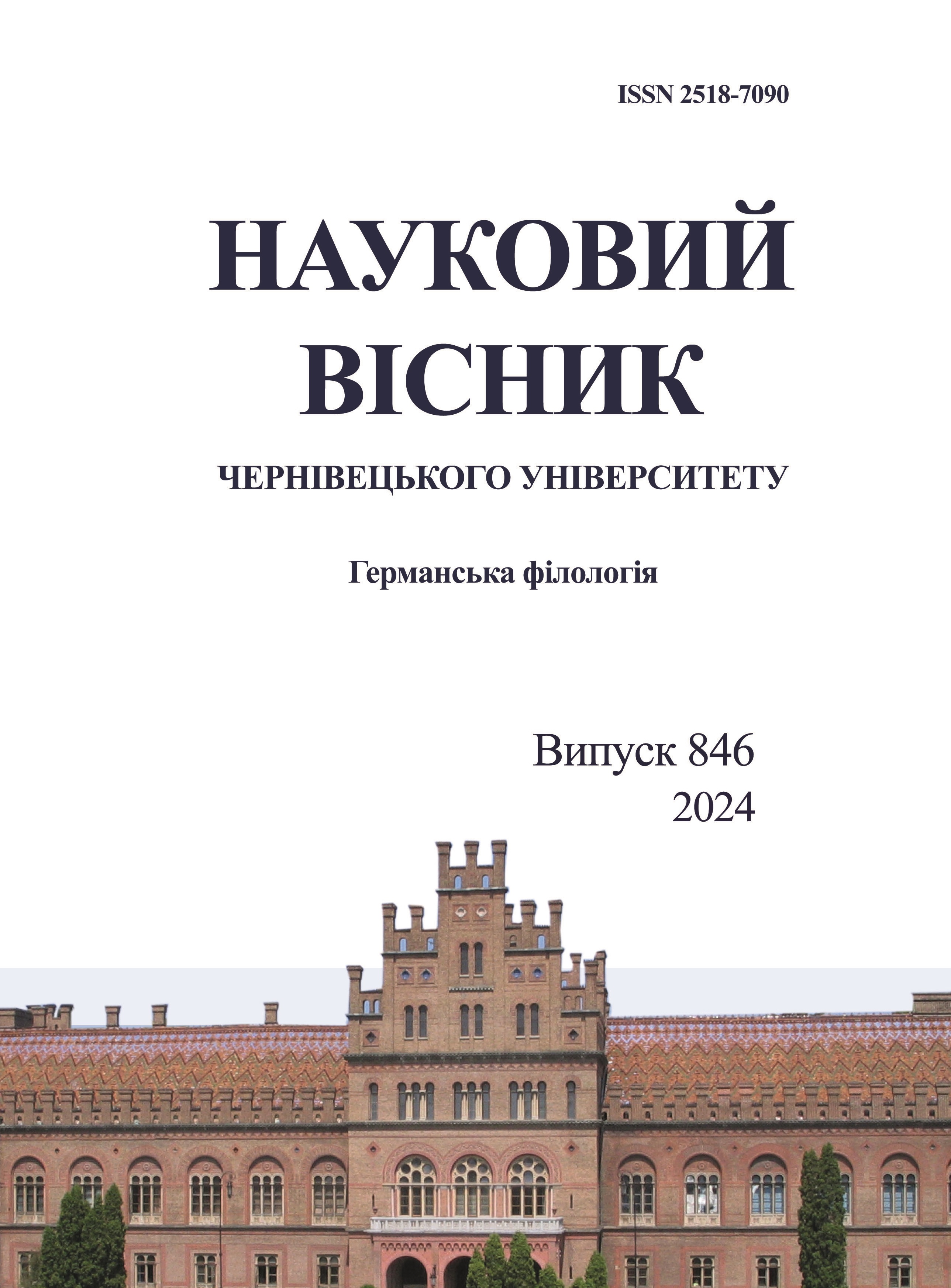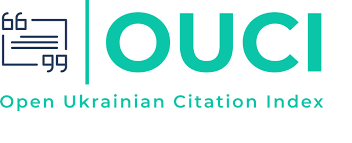ЕВІДЕНЦІЙНІСТЬ У ТЕКСТАХ ПУБЛІЦИСТИЧНОГО СТИЛЮ СУЧАСНОЇ НІМЕЦЬКОЇ МОВИ
DOI:
https://doi.org/10.31861//gph2023.846.43-50Ключові слова:
евіденційність, репортативна евіденційність, інференційна евіденційність, німецька мова, публіцистичний стиль, інформаційна статтяАнотація
Стаття присвячена встановленню особливостей застосування категорії евіденційності у текстах публіцистичного стилю сучасної німецької мови.
Життя у суспільстві неможливе без спілкування між людьми. Як учасники комунікації, вони обмінюються різною
інформацією, виражають свої думки, почуття та намагаються передати свою точку зору опонентам. Часто комуніканти передають неперевірену інформацію, чужі думки та припущення. Тому в сучасному процесі спілкування виникає потреба вказувати на джерело інформації. Основною метою такої вказівки є намагання надати повідомленню більшої авторитетності.
Для німецькомовного медійного дискурсу характерне вживання інференційної та репортативної евіденційності. Зазначені види зумовлені тим, що зазначення джерела інформації є невід'ємними складовою професійного медійного тексту, оскільки журналісти, зазначаючи у своїх матеріалах думки інших (політиків, знаменитостей чи простих очевидців), можуть представити подію у світлі різних ідеологій, надати їй певну оцінку та у такий спосіб вплинути на думку аудиторії. Вказівка на джерело інформації є необхідною ознакою медіатексту, оскільки з її допомогою можна підтвердити чи спростувати достовірність тієї чи іншої інформації. Евіденційний маркер допомагає читачам перевірити факти і думки, висвітлені журналістом, та на основі цього самостійно сформувати власну думку. Вказівка на джерела є центральною ознакою медійного тексту, що надає йому потрібної об’єктивності. Саме тому евіденційність як мовна категорія відіграє провідну роль в інформаційному просторі будь-якої розвинутої лінгвокультури.







